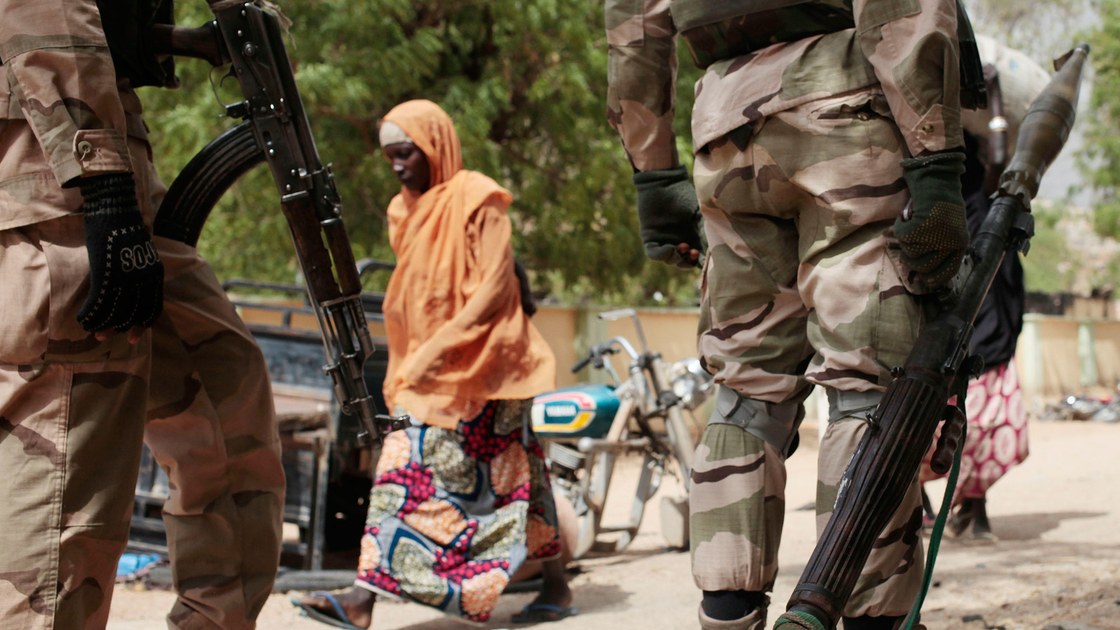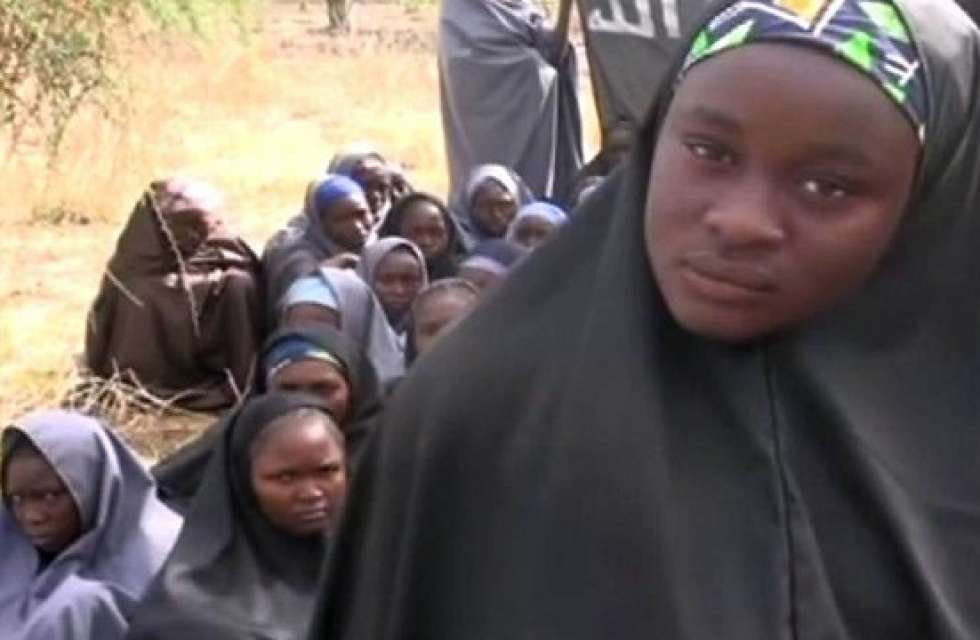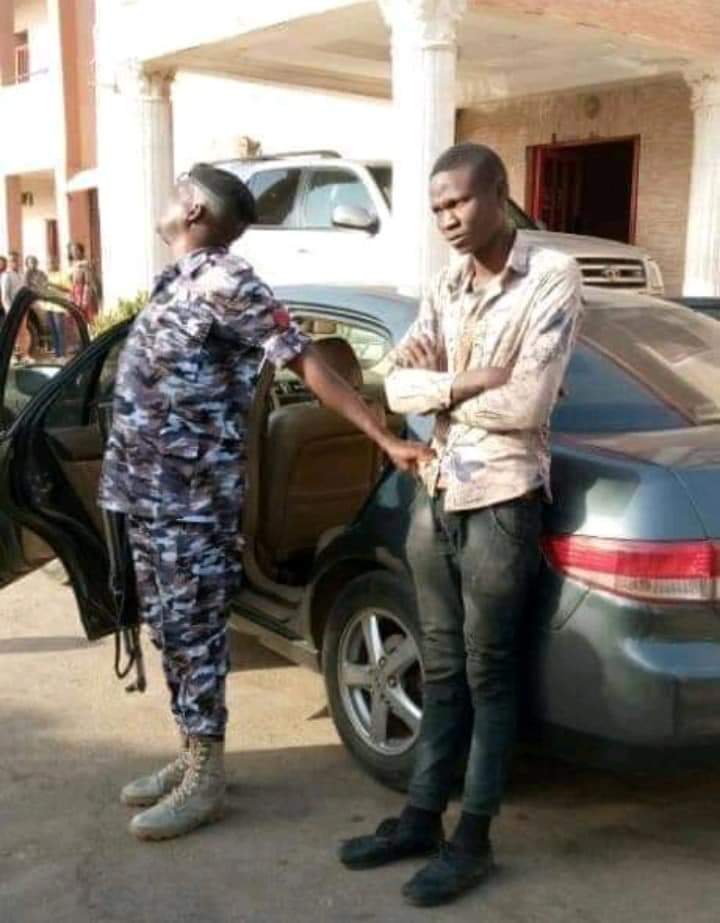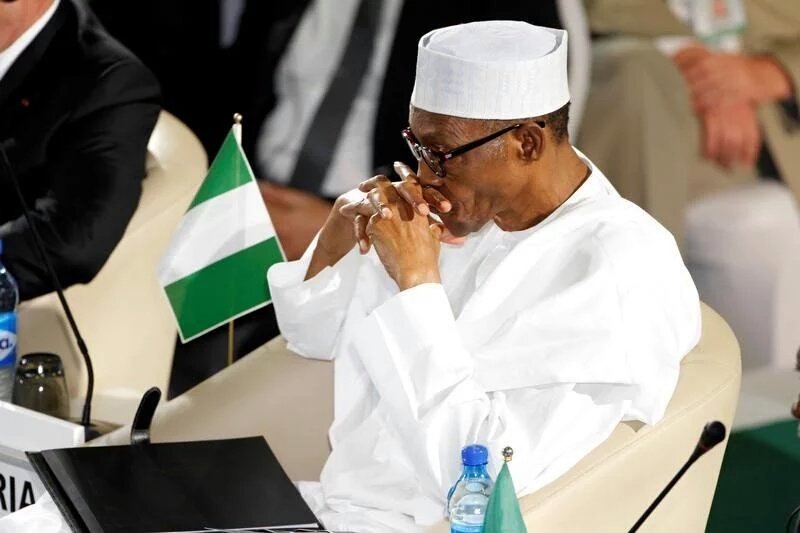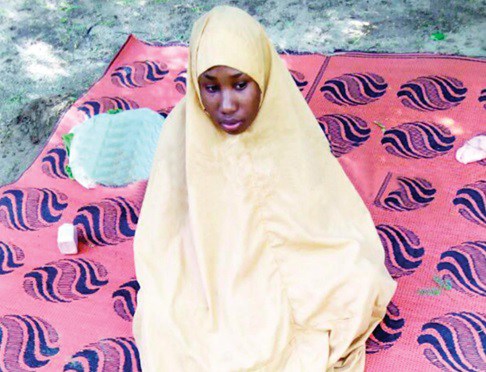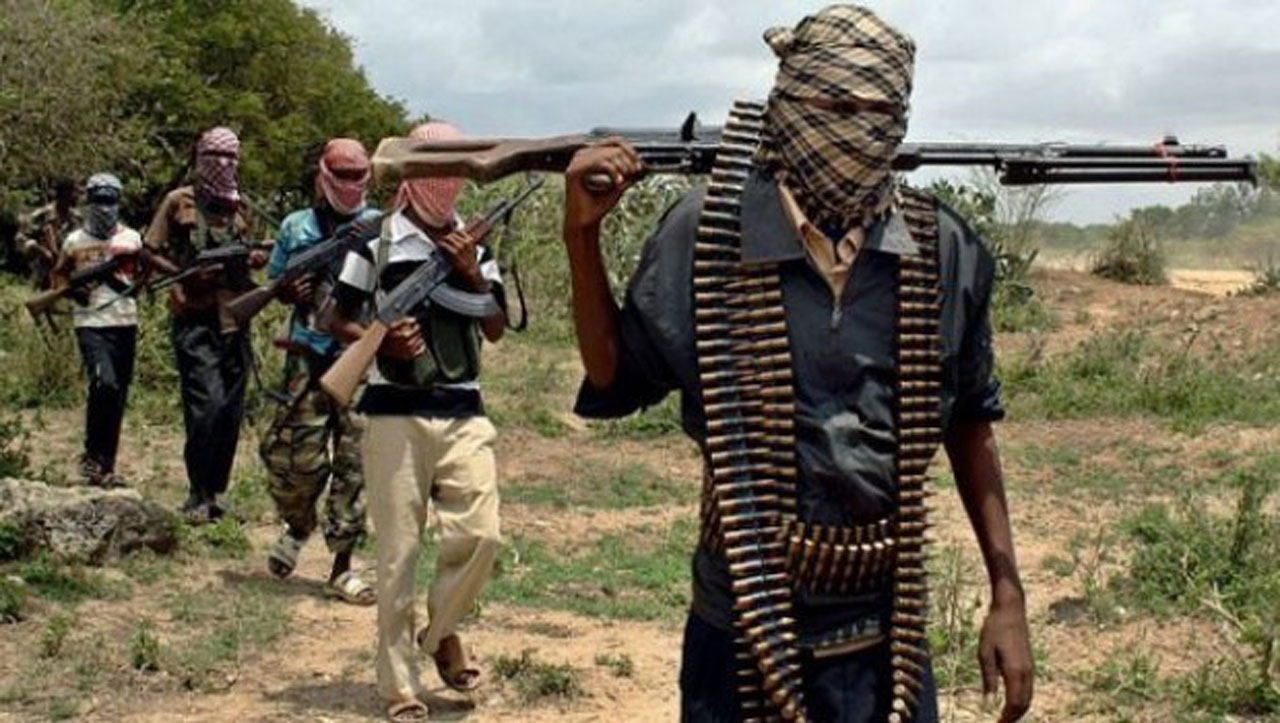The Borno Government has declared plans to convert the house of the former leader of Boko Haram sect, Mohammed Yusuf, to a museum.
Commissioner for Home Affairs, Information and Culture Mohammed Bulama disclosed this at the sidelines of the 9th National Council for Culture, Tourism and National Orientation held in Dutse, Jigawa.
The summit, themed “Tourism and Culture as Panacea for Nigeria’s Economic Recovery’’, was organised by the Federal Ministry of Information and Culture.
Bulama said the museum would help to archive all things related to Boko Haram insurgency to attract tourists and for the benefits of future generation.
“We are going to convert the house of the leader of the Boko Haram sect Mohammed Yusuf where the insurgency all started from, to a museum.
“The place is called Maarcas; we want to build a museum there where all the things that had happened relating to the insurgency will be archived.
“We want to document and archive all that had happened so that our future generation will be able to have first-hand information,” he said.
Yusuf was the leader and founder of Boko Haram, and was killed in 2009, making his followers go on a revenge mission that turned out the bloodiest form of terrorism in the world (before ISIS came), according to global terrorism observers.
The Sambisa forest, the insurgents’ haven until 2015, will also become a tourist centre by reviving the already existing games reserve in the forest.
“Last year, Gov. Kashim Shettima made a pronouncement to the effect that every December 22, will be declared a public holiday in Borno because that is the day the military declared that they had captured Ground Zero in Sambisa forest.
“What we intend to do when stability is fully achieved is to convert the forest into a tourist attraction in order to show the world what has happened.
“Before insurgency, we used to have a game reserve in the Sambisa forest, we are going to revive that,” he said.
Bulama also noted Borno is very rich in culture and diversity; and the government would use the security situation in the State for tourism advantage.
Olusegun Runsewe, the director-general of the National Council for Arts and Culture, said that “culture and tourism are intertwined and cannot be separated.”
He explained that “culture is the brand that tourism sells” and it should be approached based on the strength and rich potential of each state or political zone.
According to him, the meeting would enable stakeholders strategize on harnessing the potential in culture and tourism to become a new oil for the country.

 Business1 week ago
Business1 week ago
 Football1 week ago
Football1 week ago
 Entertainment6 days ago
Entertainment6 days ago
 Latest1 week ago
Latest1 week ago
 Entertainment3 days ago
Entertainment3 days ago
 Latest1 week ago
Latest1 week ago
 Business1 week ago
Business1 week ago
 Comments and Issues6 days ago
Comments and Issues6 days ago
